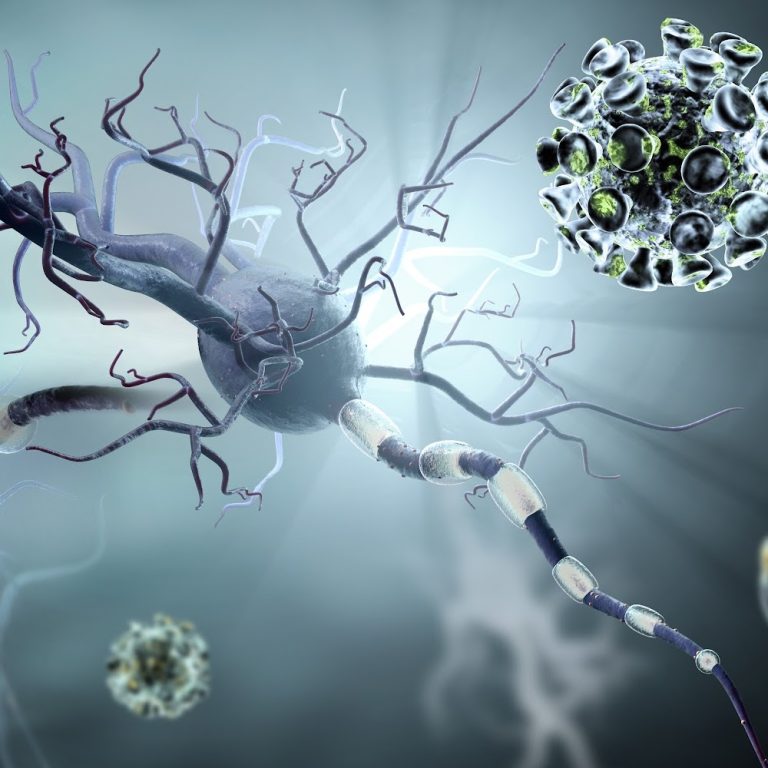
Not all zombies always act like zombies.
At least not when it comes to cells that are thought to lead to Alzheimer’s and other age-related diseases, and not according to research conducted by the University of California at San Francisco (UCSF).
Zombie is the name given to those cells that attack healthy organisms in the body and cause degenerative diseases as the body ages. Scientists have been developing drugs to attack zombie cells in an effort to control age-related diseases like Alzheimer’s disease. But UCSF researchers say they have found that some zombie cells actually help repair diseased parts of the body. That’s significant because it may alter the way scientists seek a way to curtail Alzheimer’s. If the cells they are trying to eradicate are actually beneficial to the body, they may have to rethink their efforts to medicate them away.
UCSF scientists say their studies have shown that when they have used anti-aging drugs, called senolytics, to kill the zombie cells, they have witnessed that injuries in organs, such as the lungs, have healed more slowly.
It’s true that zombie cells can lead to senescence, or aging and deterioration of the brain and other parts of the body. Rather than dying like normal cells, they emit compounds that have been linked to Alzheimer’s disease. But they also “can occupy niches with privileged positions as ‘sentinels’ that monitor tissue for injury and respond by stimulating nearby stem cells to grow and initiate repair,” according to Dr. Tien Peng, the senior author of the UCSF study and an associate professor of pulmonary, critical care, allergy and sleep medicine. “Our study suggests that senolytics could adversely affect normal repair, but they also have the potential to target diseases where senescent cells drive pathologic stem cell behavior,” said Peng.
The UCSF discovery has alerted scientists who work in the field of aging and who are seeking to find a way to avert Alzheimer’s disease that they may have to look deeper to find medications that are effective against senescence without causing problems themselves. “These findings emphasize the need to develop better drugs and small molecules that will target specific subsets of senescent cells that are implicated in disease rather than in regeneration,” said Dr. Leanne Jones, director of the UCSF Bakar Aging Research Institute.
The UCSF study also might give impetus to the movement to pursue Alzheimer’s through effecting lifestyle changes as opposed to developing medication. Thus far, the anti-Alzheimer’s drugs have not generally been effective in stemming the disease.












